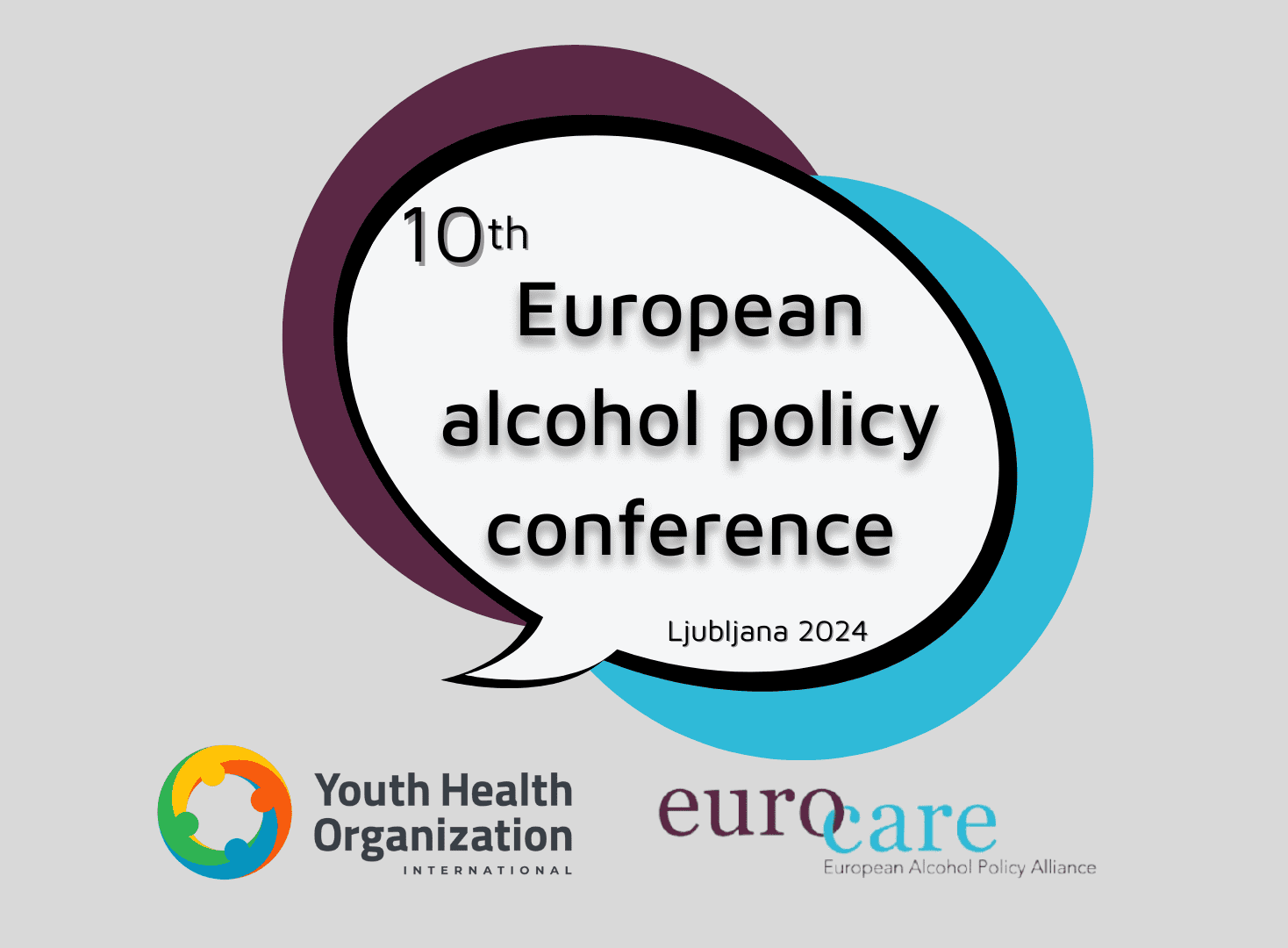

10th European Alcohol Policy Conference
27.06.2024 - 28.06.2024
About the event
The 10th European Alcohol Policy Conference (EAPC) is scheduled to take place in Ljubljana, Slovenia, on the 27th and 28th of June 2024. This conference is organized by Eurocare in collaboration with the Youth Health Organisation and will be hosted at the InterContinental Hotel (located at Slovenska cesta 59, 1000 Ljubljana, Slovenia). Additionally, preceding the conference, the Annual General Meeting of Eurocare members will convene in Ljubljana on the 26th of June.
Policymakers, advocates, researchers, patients, youth, and health practitioners will gather in Ljubljana to address the challenges of reducing non-communicable diseases (NCDs) with a special focus on alcohol policies.
Early bird registration fees will commence at 250 EUR per participant.
Aim
The 10th European Alcohol Policy Conference serves as a vital platform for policymakers, advocates, researchers, patients, youth, and health practitioners to collectively address the challenges of reducing non-communicable diseases (NCDs) by effectively managing their main risk factors, with a special focus on alcohol policies. Through discussions on topics like the Commercial Determinants of Health, interventions related to packaging and labelling regulations, awareness campaigns, and effective measures against corporate lobbying at EU and national level, the conference aims to foster mutual learning and respect, ultimately leading to comprehensive strategies to reduce NCDs.
Background
Building upon the successes of its predecessors, the 10th European Alcohol Policy Conference comes at a crucial time, coinciding with significant developments such as the new EU mandate, the continuation of the European Framework of Action on Alcohol 2022-2025, the launch of the Member States Joint Action Prevent Non-communicable Diseases, as well as international discussions on alcohol labelling within the Codex Alimentarius Commission. With mounting evidence showcasing the impact of commercial entities on health outcomes, it’s imperative to address the complexities of alcohol policy within the broader context of NCD prevention.

